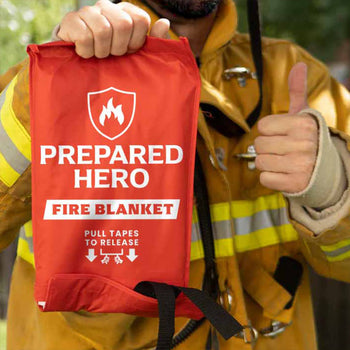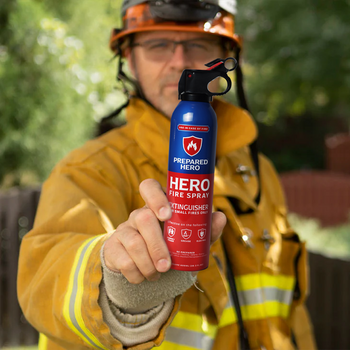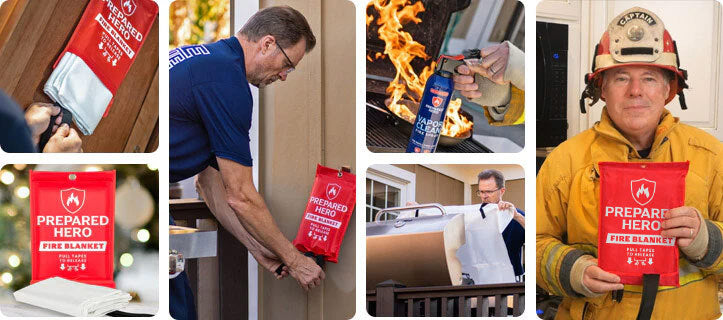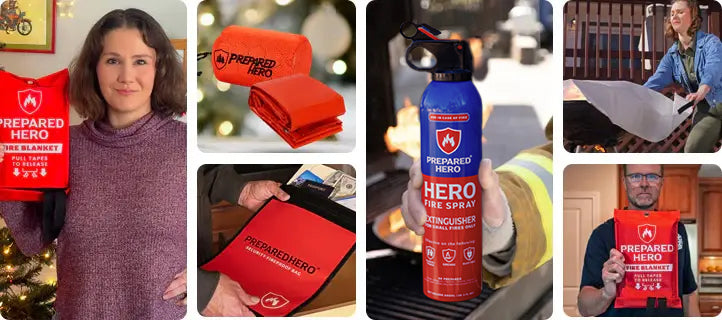Where you put your smoke detectors matters just as much as installing them. Proper placement makes sure they can detect...
Did you know? Electrical fires cause an average of 1,070 civilian injuries, 430 deaths, and $1.3 billion in direct property damage yearly, according to the NFPA. They're also one of the most dangerous types of fire and one of the top causes of fire-related death for seniors.
Given this, you should know how to protect your property and loved ones from electrical fires. So stay tuned and check out the fire safety tips we prepared for you.
Useful Electric Fire Safety Tips for Homeowners
Here are the safety measures that can help prevent an electrical fire in your house:
1. Keep your wiring safe.

One of the leading causes of electrical fires is faulty or outdated wiring.
With the increasing number of appliances and devices we use nowadays, older homes may not have the wiring capability for the increased load. So, you must update your house's wiring, especially if your house is over 20 years old.
You should also have your electrical system checked by a licensed electrician once per year as a preventive measure. They can properly inspect your house for any potential issues like broken wires or loose connections and repair them if needed.
2. Don't overload outlets.

Overloading an electrical outlet is a common mistake that can result in fires. Each outlet in your home is designed to deliver a certain amount of electricity. So, plugging too many devices into one outlet can exceed its capacity.
If the electricity demand exceeds what the outlet can handle, it can overheat and cause a fire. So, practice plugging only one high-wattage appliance into each outlet at a time. It will also help if you use surge-protecting power strips for low-wattage devices.
3. Replace damaged extension cords when needed.

Extension cords might be convenient, but they're also a fire hazard.
Regularly check your extension cords for any signs of damage, such as fraying, cracking, or getting hot while in use. If your extension cord is damaged, replace it right away. Don't try to repair it by hiding it under the carpet or using tape.
4. Always plug appliances directly into outlets.

The safest way to use major appliances is to plug them into a wall outlet directly. Remember, appliances like refrigerators, dryers, and ovens draw a lot of power and can easily overload an extension cord or power strip, resulting in a potential fire.
5. Don't place appliances near combustible materials.

Finally, you must keep all appliances, especially those that generate heat (e.g., space heaters, toasters, ovens), away from combustible materials. These include curtains, upholstery, bedding, and even certain types of wallpaper.
You should also unplug tools that heat up after use, like irons and hair straighteners, to prevent them from accidentally setting fire to nearby items.
Conclusion
Your home should be a haven, and following these electrical safety tips can help keep it that way. While this may seem like a lot of precautions to take, safety is always worth the effort.
Double the protection by creating a fire safety kit with a fire blanket, smoke mask, fire spray, and fire protection gloves. Don't wait until it's too late—secure your kids' safety by getting fire prevention tools from Prepared Hero now!


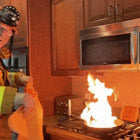 Fire
Fire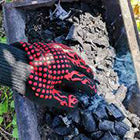 Safety
Safety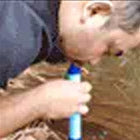 Survival
Survival Protection
Protection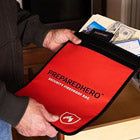 New
New Scouting America
Scouting America
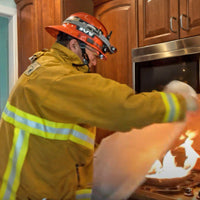 Fire
Fire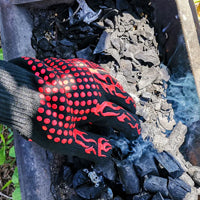 Safety
Safety Survival
Survival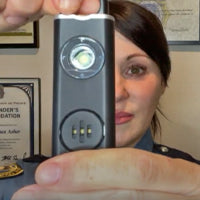 Protection
Protection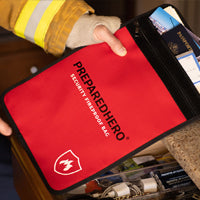 New
New
